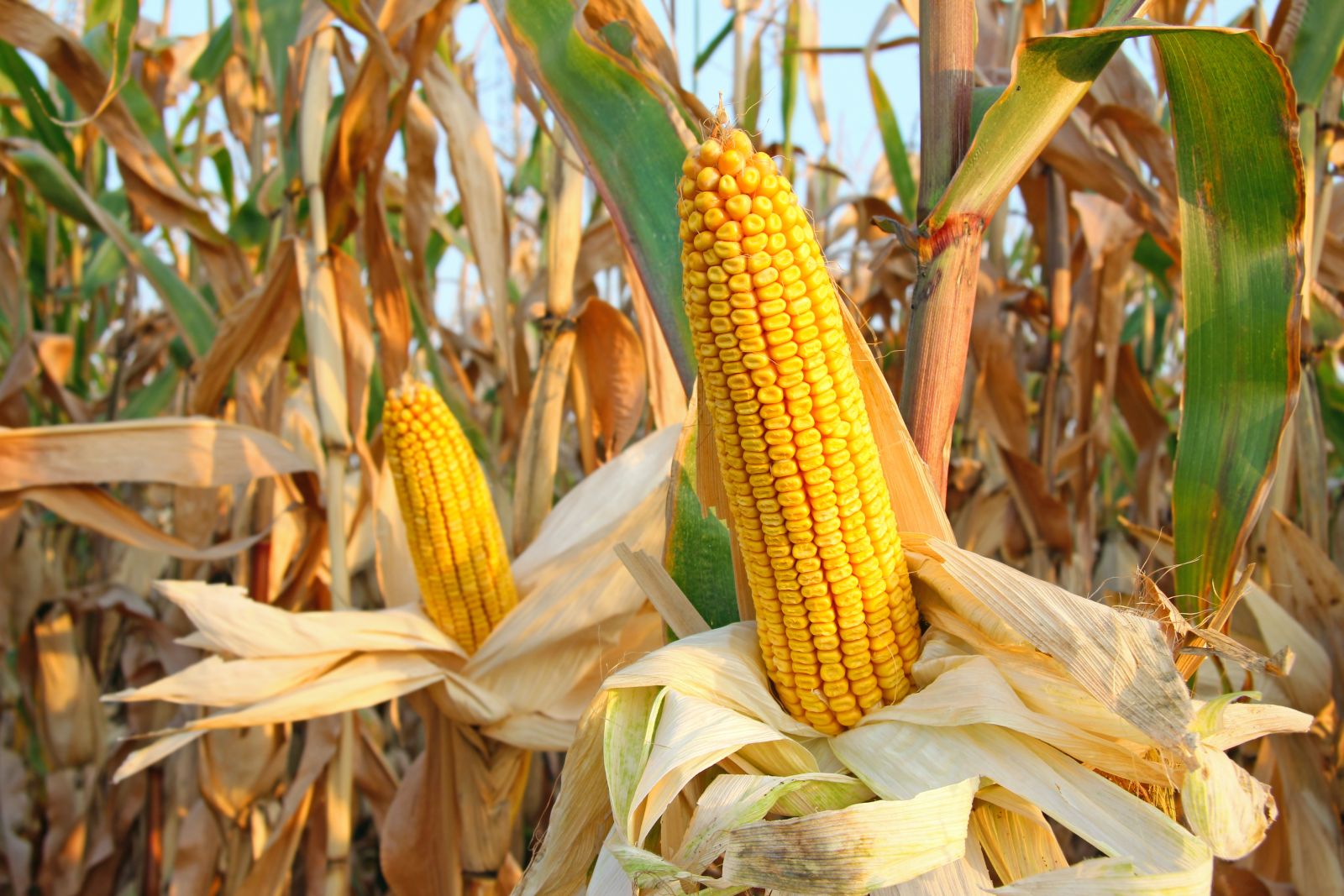
Last week represented the end of the month and end of the 3rd quarter. During this time, US corn and wheat futures endured relentless price pressures that were driven by bearish fundamentals. Since July 1, the December’23 corn contract declined by $.15/bu, Chicago wheat by $1.25/bu, Kansas City wheat by $1.35/bu and Minneapolis wheat by $1.52/bu.
Over the last quarter US corn fundamentals were be characterized as bearish and we have a hard time seeing a structural catalyst that forces the narrative to dramatically change. We have been writing about how the estimated 94.9 million planted acres of US corn at a 173.8 bpa yield amid lackluster demand creates an onerous 2.2 bbu ending stocks. Aside of a third-largest US corn sale to Mexico last week, the MY 23/24 export program is struggling to find demand. We expect to see some of the global export orders slowly rotate to the US as Brazilian supplies become exhausted, but the strong US dollar combined with low Mississippi River levels are keeping US FOB values at the Gulf elevated compared to feed grains (barley and wheat) from other origins. The Hog & Pigs report was bearish corn demand as first and second farrowing intentions showed steep declines, -2% and -5% YoY.
The USDA’s Grains Stocks report was interpreted as a neutral to mildly bullish input for corn as the actual 1.361 bbu September 1 stocks were 78 mbu below the pre-report estimate. The USDA will adopt the 1.361 bbu as the MY 22/23 ending stocks. This amount reduces MY 23/24 total supply by 91 mbu to what we consider is an accommodating 16.533 bbu. This adjustment would push MY 23/24 ending stocks to 2.1 bbu. Looking ahead we don’t see a sense of urgency to own December’23 corn demand but with an entire growing season ahead in the southern hemisphere and the futures market nervous about US yield estimates, we like owning the March’24 490/535 call spreads to protect against upside risks. Last week December’23 US wheat futures pushed into new multi-year lows as the USDA’s Small Grains Summary increased soft and hard winter wheat production by 9 and 16 mbu respectively. Spring wheat production was raised by 92 mbu to 505 mbu. Leaving demand for each class unchanged, soft wheat ending stocks rise to 147 mbu, hard wheat to 267 mbu and spring wheat to 230 mbu. Fundamentally the soft wheat ending stocks are the largest since MY 18/19, while hard wheat stocks (winter + spring), 394 mbu, are still tight.
Our sentiment has not changed for US corn and wheat. We continue to see value in owning the Chicago December’23 $580/635 call spread to protect against Black Sea driven geopolitical volatility and shrinking stocks. We continue to see upside potential in owning December’23 Chicago wheat/December’23 corn. Both ending stocks numbers are accommodating, but the 1.08 wheat/corn ratio or the $66/bu premium that wheat possesses over corn are each the second lowest in 15 years. We see more fundamental upside risks in wheat over corn.
Get the latest insights delivered right to your inbox by clicking here
Contact Scott Strand
Direct 612-486-4624 | scott.strand@hilltopsecurities.com
Trading on regulated commodity exchanges inherently involves risk of loss and is not suitable for everyone. The leverage created by trading on margin can work against you just as much as it can benefit you, and losses could exceed the entire investment as well as additional cash deposits. You may be required to immediately provide capital upon notice to maintain any or all open positions, and failure to do so in a timely manner could result in penalties, liquidating debit balances, unforeseen financial obligation and the loss of opportunity sought by participating in the commodity futures and options marketplace. Only risk capital should be considered for alternative investment or speculation. Before opening an account you should seek advice from related associations, regulators, certified public accountants, industry professionals and other trusted advisors. Be certain that you understand the risks and can withstand the potential losses associated with SWAPS, futures, options on futures or any other derivatives or cash commodity transactions in which you intend to participate. HTSCommodities may not represent, guarantee or warrant that you will profit from any trading activity nor that realized losses will be limited whatsoever.
The paper/commentary was prepared by HTSCommodities for informational purposes only. This paper represents historical information only and is not an indication of future performance. Nor is it a recommendation or solicitation or any specific product. This material has not been prepared in accordance with the guidelines or requirements to promote investment research, it is not a research report and is not intended as such. SOURCES: Bloomberg, U.S. Department of Agriculture, U.S. Energy Information Administration, Commodity Futures Trading Commission, National Oceanic and Atmospheric Administration. Sources available upon request.
Principals, managers and some associates are registered with the National Futures Association (NFA) and all members participate as part of an independent Introducing broker in good standing. Members operate under the governance and guidelines of the Commodity Futures Trading Commission (CFTC) and are authorized to represent multiple futures clearing merchants or FCMs for the benefit of clients’ selection and or suitability.
Hilltop Securities Inc. is a registered broker-dealer, registered investment adviser and municipal advisor firm that does not provide tax or legal advice. HTS is a wholly owned subsidiary of Hilltop Holdings, Inc. (NYSE: HTH) located at 717 N. Harwood St., Suite 3400, Dallas, Texas 75201, (214) 859-1800, 833-4HILLTOP.
© 2023 Hilltop Securities Inc. | All rights reserved | MEMBER: NYSE/FINRA/SIPC/NFA
On the date of publication, Scott Strand did not have (either directly or indirectly) positions in any of the securities mentioned in this article. All information and data in this article is solely for informational purposes. For more information please view the Barchart Disclosure Policy here.




/Berskshire%20Hathaway%20Warren%20Buffett%20image%20by%20QubixStudio%20via%20Shutterstock.jpg)
/AI%20(artificial%20intelligence)/Artificial%20intelligence%20and%20machine%20learning%20concept%20-%20by%20amgun%20via%20iStock.jpg)
/Quantum%20Computing/A%20concept%20image%20with%20a%20brain%20on%20top%20of%20a%20blue%20circuit%20board_%20Image%20by%20Gorodenkoff%20via%20Shutterstock_.jpg)
/EV%20in%20showroom%20by%20Robert%20Way%20via%20Shutterstock.jpg)
/Berkshire%20Hathaway%20Inc_%20logo%20on%20phone-by%20FelloeNeko%20via%20Shutterstock.jpg)